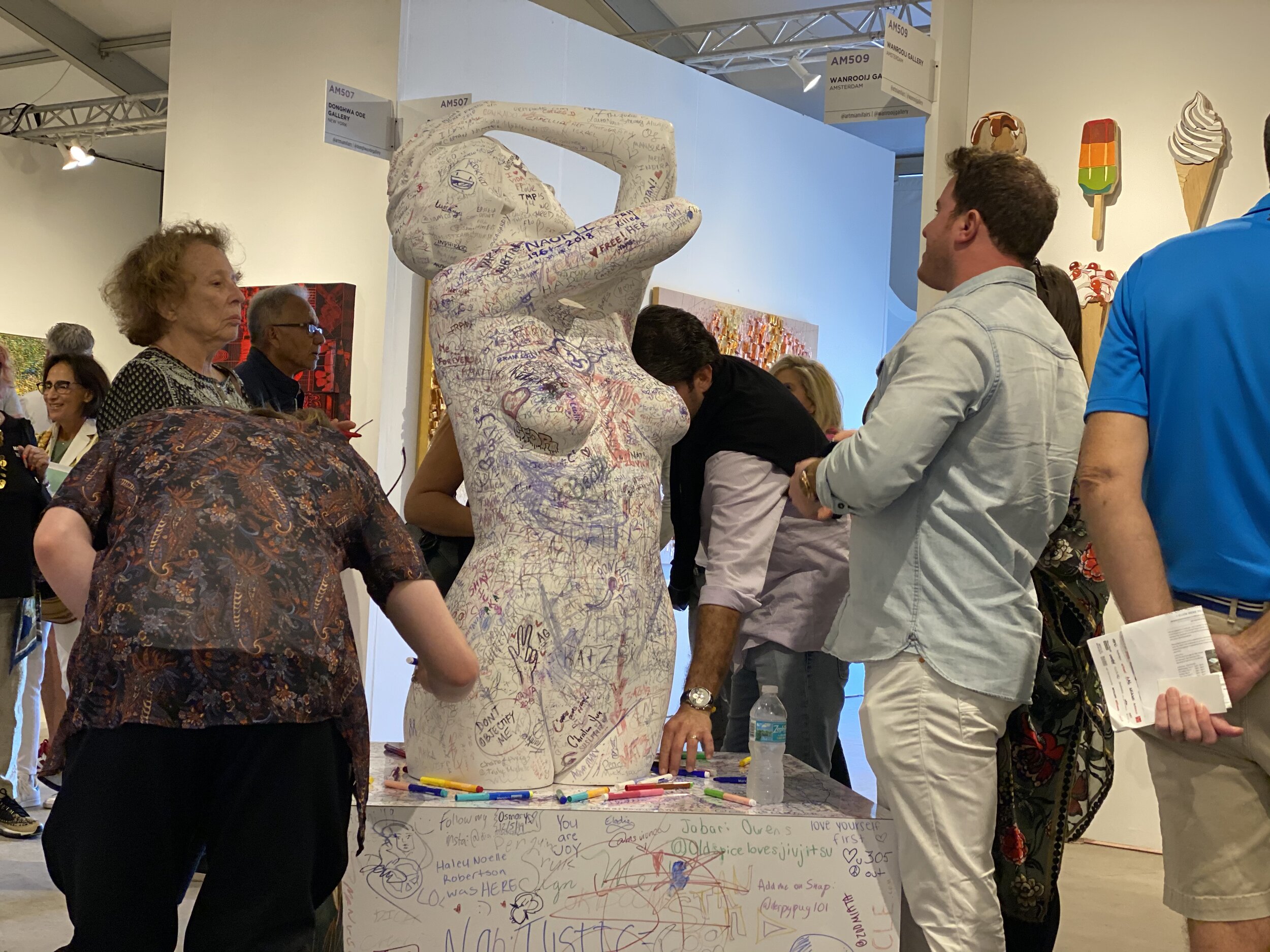How do you respond to frustrations or setbacks with your work? For people who belong to the art industry, this question is especially important. Many artists work alone, and they keep creating new work. Making new work creates pressure, especially when this involves personal expectations.
The Two Extremes
Every artist tries to produce their best work and to reach different levels of skill. If it's done reasonably, then it's fine. But problems occur when artists attach their well-being to the outcome. It creates a desire for reward or recognition of some sort. And such artists put their work into the world for authentication from someone or some other entity.
On the other side are artists who are too dreadful to show their artwork. They are not trying to get reward or recognition and doing everything they can to escape anyone judging their work. Whether it's sensible or not is beside the point.
Perhaps some of them secretly desire recognition. But such artists do not have the confidence. Besides, they can always find an excuse to avoid portraying their work in front of the public. They have this fear that people will laugh at their art or that their work is not good enough.
The Power Game
Those artists who take negative feedback personally are going to suffer from it. Perhaps, they blame themselves and lose confidence. They think that they are not ready to put their work out there in public and give up. Rather than becoming stronger from experience, it weakens them.
The artists are disempowering themselves when they give control of their self-esteem and well-being to a third-party. They need to understand that judges are people who have their own feelings and responses to somebody's work. Also, in almost every instance, there is no personal involvement. They are making a judgement on the basis of their own reasons, and they don't mean to attack an artist personally.
For artists to remain empowered and in control of their well-being, they have to disconnect themselves from the result. Also, this attachment to reward and recognition is not the only way to approach the creative process. Both of them are entirely diverse from each other.
Control What You Can
Every artist needs to distinguish between what he/she can control and what they can't. Once they distinguish, they make the correct decision. Besides, they should let go of what they can't control. It will bring more peace of mind and focus on the overall creative process. Also, it's about making the art that you can control.
Conclusively, every artist has the power to improve their artwork, to work smart and to learn new things. However, the only way to relish competition is to take it as a learning experience. Remember, if you are successful and get the recognition that you were hoping for then you should be grateful and humble. Cherish it and let it go.
